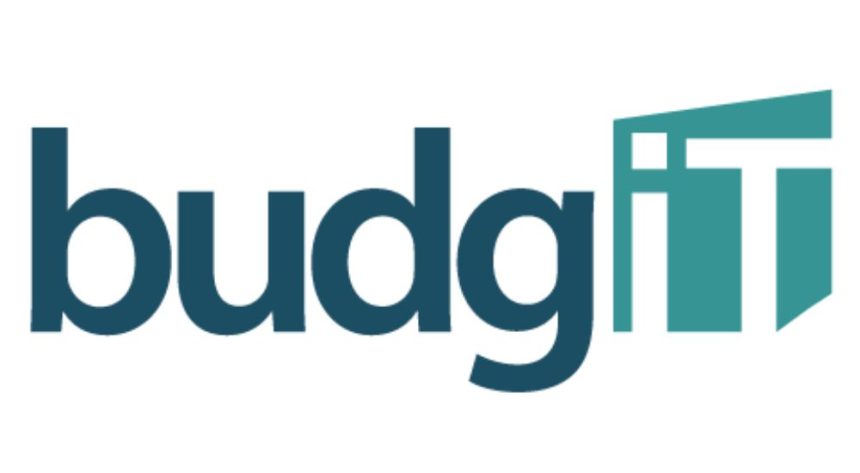A budget review by BudgIT, a civic organization focused on public finance transparency, has uncovered that over N6.93 trillion worth of projects were introduced into the 2025 federal budget by Nigeria’s National Assembly. These insertions account for roughly 12.6% of the N54.99 trillion budget signed by President Bola Ahmed Tinubu.
In a report released Tuesday, BudgIT raised concerns about the nature and scale of the insertions, stating that more than 11,000 projects were added with limited explanations, some of which lack alignment with national development goals.
The report highlights that 238 of the added projects each exceed N5 billion in value, while over 2,000 projects fall within the N600 million to N5 billion range. These projects include widespread provisions for streetlights, boreholes, and ICT infrastructure across federal constituencies and senatorial districts—many of which BudgIT flagged as repetitive or inflated.
According to BudgIT, “A total of 1,477 streetlight projects amounting to N393.29 billion, 538 borehole projects worth N114.53 billion, and over 2,100 ICT initiatives valued at N505.79 billion were inserted. An additional N6.74 billion was designated for traditional rulers’ empowerment, raising questions about fiscal prioritization.”

Agriculture Ministry Sees Sharp Budget Spike
A significant portion of the inserted projects, approximately 39%, was routed through the Ministry of Agriculture, increasing its capital allocation from N242.5 billion to nearly N2 trillion. Similar patterns were observed in the budgets of the ministries of science and technology, and budget and economic planning, which also saw substantial increases tied to inserted items.
BudgIT expressed concern that these inflated allocations could compromise efficiency and transparency. “The distortions not only impact budgeting discipline but also inflate the fiscal envelope for ministries, departments, and agencies beyond what is necessary,” the organization noted.
Projects Misaligned with Mandates
One of the most troubling findings in the report is the recurrent allocation of projects to agencies that lack the authority or capacity to implement them.
BudgIT cited examples such as the Federal College of Fisheries in New Bussa, Niger State, which reportedly spent close to N1 billion in 2024 on projects like vehicle and tricycle purchases for communities located outside its operational jurisdiction.
Likewise, institutions like the Nigerian Building and Road Research Institute and the Federal Cooperative College in Oji River were allocated projects far beyond their mandates, including road electrification and agricultural support programs. BudgIT warned that such practices often result in poor implementation, wasted funds, and minimal impact on intended beneficiaries.
A Call for Reform and Accountability
BudgIT emphasized that these patterns represent not just fiscal mismanagement but a deeper issue tied to equity, justice, and public accountability. The group urged President Tinubu to take a more active role in reforming the budget process and called on citizens, civil society, and the media to demand greater transparency and oversight.
“The budget must reflect the real needs of Nigerians, not political considerations. We urge the public to insist on reforms that restore trust and integrity in public finance,” the statement concluded.
BudgIT’s report comes amid ongoing debates over Nigeria’s fiscal planning, including concerns that the 2025 budget may exceed the country’s projected GDP capacity by trillions of naira. The organization reiterated its commitment to tracking budgetary performance and ensuring that public resources are used effectively.



